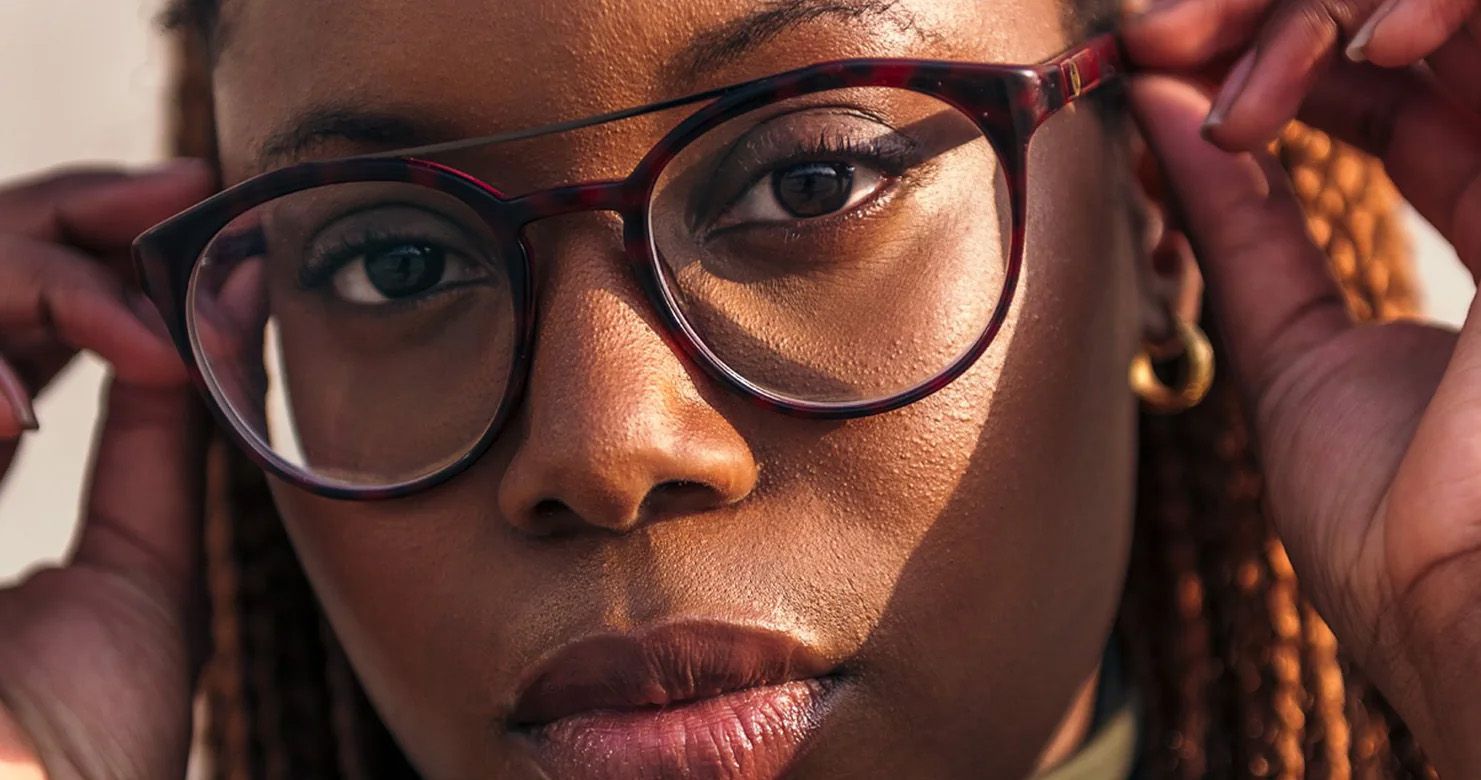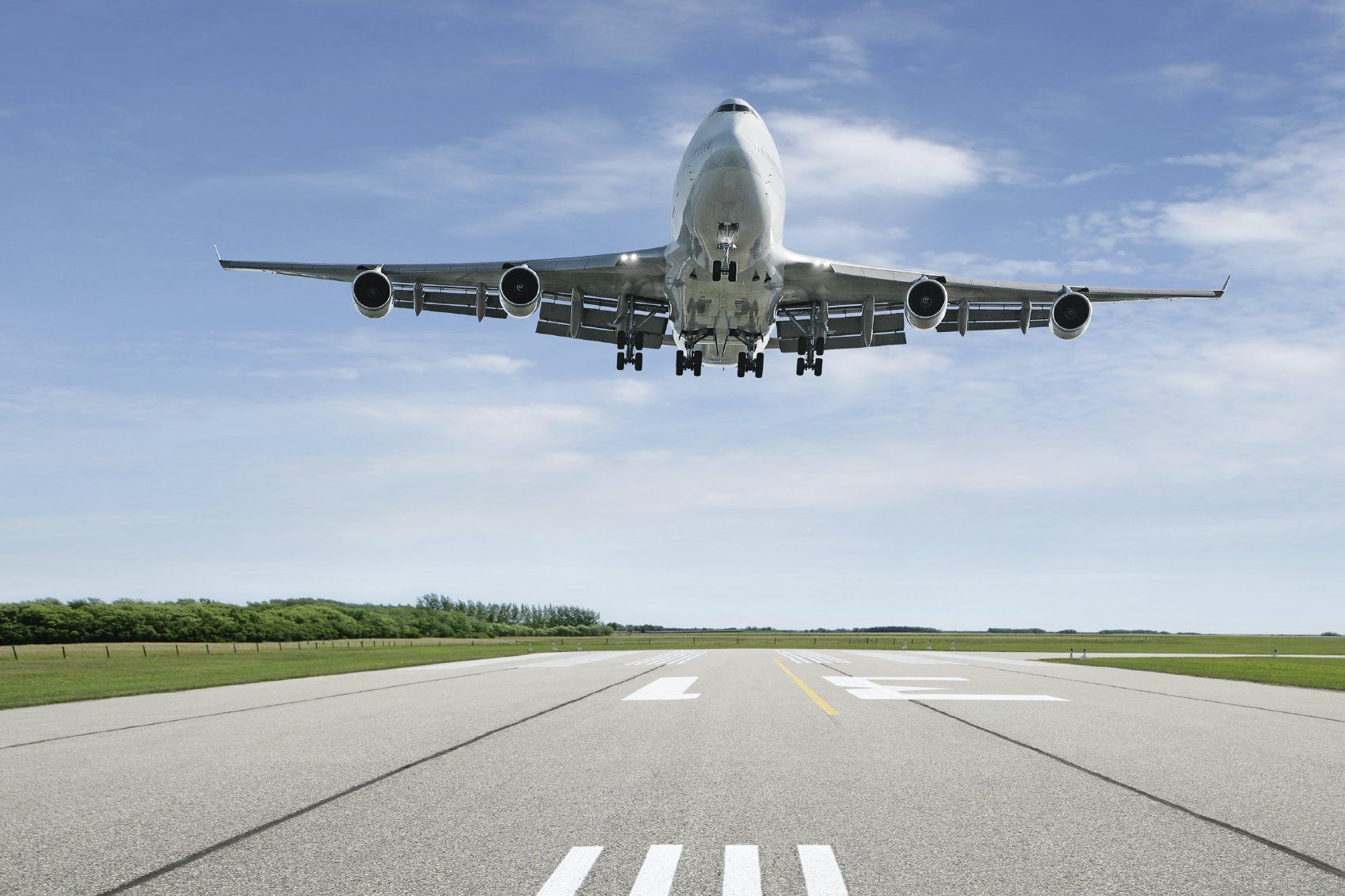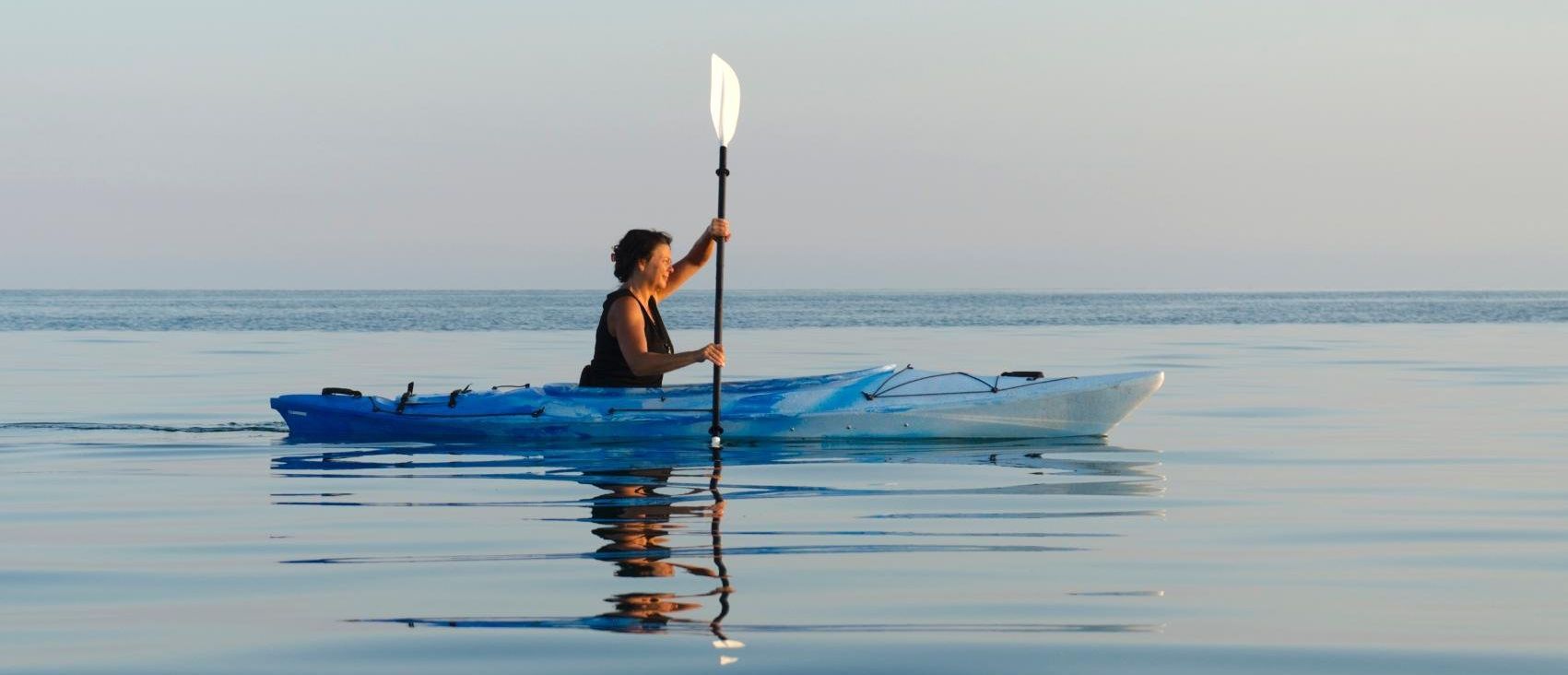Flying Solo
A Guide for the Solo Traveller
Have you ever wondered what it would be like to take a holiday on your own? Perhaps you’ve always wanted to go somewhere but not had the opportunity before. Maybe your usual travel partner isn’t interested in visiting that destination on your bucket list. If you’ve never ventured out on your own before it can be a daunting prospect, especially if you’re thinking of an overseas trip.
Package holiday or self-organised?
If you really want a gentle introduction to solo travel, there are plenty of companies that organise package holidays specifically for the solo traveller. These allow you to instantly meet fellow solo travellers who are possibly testing the waters just like you are. These packages have organised tours and visits which you can opt in or out of, so you’re not committed if you fancy venturing out on your own, or just feel like a day by the pool. Your holiday representative can give you help with any concerns you may have, and you’ll never be alone if you don’t want to be. I’ve done this myself and whilst I enjoyed it and I appreciated the company when I wanted it, I did find I was missing a sense of adventure and challenge. However, these holidays are perfect for those of you who just want a taster or prefer to have some company. One that I’ve used in the past is
JustYou.
if you fancy going on a cruise, there are operators that offer cruises specifically for the solo traveller which will allow you to meet up with fellow passengers and creates a great opportunity to make new acquaintances and friends. Remember, 'solo' cruises can be very different to a 'singles' cruise, where you may get more than you bargained for - unless you are actively looking for a holiday romance!
Wendy Wo Tours offer a bit more of a taste of the exotic. They're also one of the most popular tour operators for over 55s and probably the No 1 for tours to China.
Accommodation
As a solo traveller organising your own itinerary, it’s very important to research accommodation thoroughly. You need to consider a number of things:
- Do you prefer a small hotel, hostel (all female dorms if you’re female), B&B, self-catering accommodation, or would you feel more comfortable in a larger, perhaps more commercial hotel with plenty of people around and meals provided?
- Is the location close to the area you want to explore?
- Does the location have the infrastructure in place to travel around the local area easily and to travel further afield if your accommodation is going to be ‘base camp’?
- Is the location of your accommodation in an area regarded as safe? You can reach out to groups on social media if you want independent opinions and look on websites to get a feel for this.

ALL YOU'LL NEED FOR YOUR BEST TRAVEL LIFE!
Hotels • Airport parking, transfers and more
Currency
Make sure you know which currency is used in your destination(s) and be sure you have some before you travel so you can tip and have a back-up in case your credit/debit card is rejected, not accepted or is lost/stolen. where you get your currency is worth researching, look out for the best exchange rates and lowest commission rates.
before travelling check if your card provider charges a transaction fee for using it overseas. Alternatively, you could get a pre-paid travel card where you load your chosen currency onto it before you travel and it can then be used on your trip like a normal debit card, many of these don't charge a transaction fee.
Safety
Safety is one of the biggest concerns for most solo travellers (and for your friends and family left at home) so here are a few tips which will help keep you safe & sound:
- Arrange airport transfers in advance – not only will this alleviate stress but it will also mean you get to your accommodation safely, especially if you arrive at night.
- Let friends and family know where you are - give them a copy of your itinerary including details of flights and hotels and corresponding phone numbers (you might not get a mobile signal where you’re staying). Doing this will ensure someone knows where you should be and that you are always contactable.
- Keep in touch - call, text, social media, whatever is easiest, it lets people know you are safe and alerts them if they don’t hear from you in a while.
- Use social media - there are plenty of groups that may help you explore and even meet up locally if you want to go somewhere where there is safety in numbers.
- Don’t attract attention
– observe local dress codes and learn as much as you can about the culture of the area. Wear low-key and inexpensive jewellery, perhaps consider wearing a cheap wedding or engagement rings, especially if you’re female. Don’t wear expensive and branded clothes whilst travelling around and make sure your belongings are safely stowed in a cross body, zipped bag to deter pick-pocketers. Money belts hidden under clothes are a good idea and don’t ‘flash the cash’.
- Use technology - There are some fantastic bits tech available these days. Like Apple's AirTag, a super-easy way to keep track of your stuff. A personal alarm is a good idea and can help you feel more secure, should you ever feel threatened and be aware of local scams and areas you should avoid so you are less likely to need it. Carry a battery powered charger – should your phone battery run low. A small torch is always handy.
- Use public transport wisely – Research the public transport system so you don’t look obviously bewildered by it all and check when it’s possible and safest to travel.
- Keep safe in your accommodation - take a travel door lock for extra security especially if staying in a hostel and remember, hotel lobbies are a great hang-out for pick-pockets.
- Trust your instincts – if it doesn’t feel right, it probably isn’t. Use your common sense when making decisions, perhaps even defer the decision-making until you’ve had the chance to do some research.
It’s a lot to think about but definitely worth the effort to make that solo trip the holiday of a lifetime!







More great travel deals every week!
We are always searching for more holiday and travel deals for you! Sign up to our newsletter or join us on Facebook to hear about our latest offers from saveonmy.com


